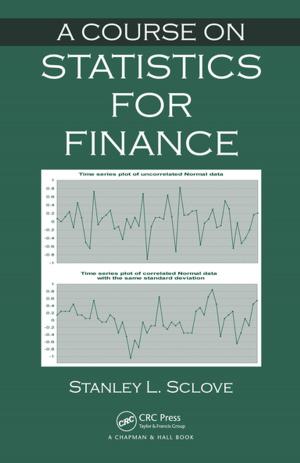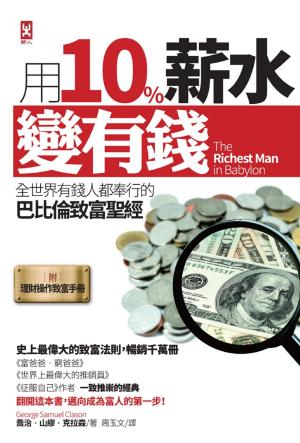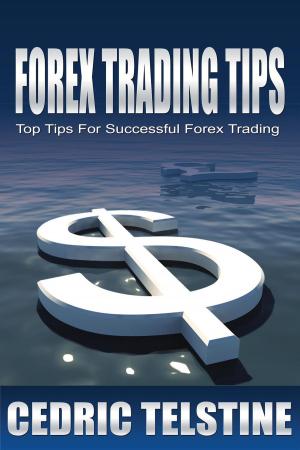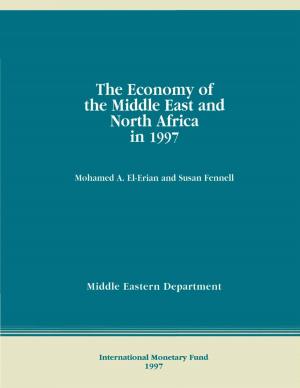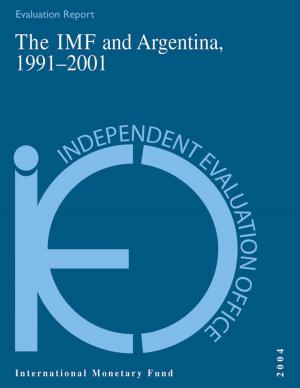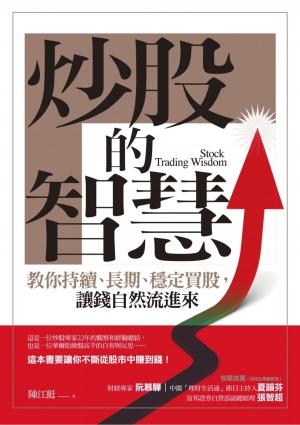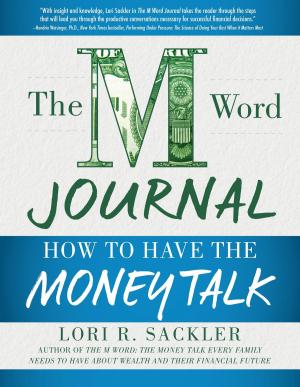The Panama Papers: Why and How to Join the Club?
Business & Finance, Personal Finance, Taxation, Accounting, Finance & Investing| Author: | Just for Fin | ISBN: | 9781310029233 |
| Publisher: | Just for Fin | Publication: | April 18, 2016 |
| Imprint: | Smashwords Edition | Language: | English |
| Author: | Just for Fin |
| ISBN: | 9781310029233 |
| Publisher: | Just for Fin |
| Publication: | April 18, 2016 |
| Imprint: | Smashwords Edition |
| Language: | English |
Panama Papers & Offshore tax-havens is a 3-part book series, that provides a critical examination of the rapid proliferation of offshore tax-havens. These books go beyond what has publically been revealed in the Panama Papers leaks by providing a detailed analysis of issues at stake, as compared to a rewriting of already public information.
While these books have been written in a humorous and perhaps sarcastic tone, this is only done with intent to make it more readable for a wider audience. However, the issues at stake, my interpretation of the eventual impact of these leaks and the longer-term solutions, are all very real.
The Panama Papers: Why and how to join the club? is the first book in the 3-part series. In this book, an analysis of what makes offshore tax-havens so popular, details regarding how they operate, my understanding of why they will never be shut down and a study on how easy they are to join is provided. A snapshot is given below.
Offshore tax havens have very substantial positive benefits for the global economy and for the most useful people in different countries. By helping politicians in mutual exchange of favors, they help cut red tape and make things work faster and smoother. They remove the unfair burden on HNIs having to pay for services they are not really using. They level the lack of tax advantages that celebrities enjoy. Criminals that are providing a range of desirable public services, are allowed to enjoy the fruits of their hard earned money. Corporations can serve their shareholders better, by just hiring a few good lawyers, accountants and bankers.
With so many major multinationals, politicians, businessmen and celebrities enjoying the benefits of these jurisdictions, I do not see them ever getting shut down. A lot of noise may be made with every new whistleblower unsportingly disclosing some new confidential information, but this will just lead to some measures being taken meant to deceive the public.
The surprising part is how easy it is for anyone to set up an offshore tax-haven structure. Once you know the jurisdiction you wish to operate you tax-haven structure from (the only step which is a little complicated), creating an offshore structure is literally as easy as buying something on Amazon.
I argue that the solution is not to shut down tax havens (a situation that will likely never happen), but for all of us to join this club instead. What a fantastic world it would be if none of us had to pay any taxes.
In a way, this book is in defense of tax havens, explains how easy they are to join and plans to launch an initiative to make it even easier and cheaper for you to join this wonderful club.
The second book, The Panama Papers – Uber tax-haven, provides a surprisingly real and implementable plan to make these offshore tax structures accessible to all the people in the world, if governments do not take action to actually close these down.
The final book in this series, The Panama Papers – Government finances in an Uber tax-haven economy, shows how they are many solutions to how governments can raise tax revenues in a much more efficient manner as compared to existing means, in an environment where no person is paying income, capital gains, inheritance or wealth taxes.
Panama Papers & Offshore tax-havens is a 3-part book series, that provides a critical examination of the rapid proliferation of offshore tax-havens. These books go beyond what has publically been revealed in the Panama Papers leaks by providing a detailed analysis of issues at stake, as compared to a rewriting of already public information.
While these books have been written in a humorous and perhaps sarcastic tone, this is only done with intent to make it more readable for a wider audience. However, the issues at stake, my interpretation of the eventual impact of these leaks and the longer-term solutions, are all very real.
The Panama Papers: Why and how to join the club? is the first book in the 3-part series. In this book, an analysis of what makes offshore tax-havens so popular, details regarding how they operate, my understanding of why they will never be shut down and a study on how easy they are to join is provided. A snapshot is given below.
Offshore tax havens have very substantial positive benefits for the global economy and for the most useful people in different countries. By helping politicians in mutual exchange of favors, they help cut red tape and make things work faster and smoother. They remove the unfair burden on HNIs having to pay for services they are not really using. They level the lack of tax advantages that celebrities enjoy. Criminals that are providing a range of desirable public services, are allowed to enjoy the fruits of their hard earned money. Corporations can serve their shareholders better, by just hiring a few good lawyers, accountants and bankers.
With so many major multinationals, politicians, businessmen and celebrities enjoying the benefits of these jurisdictions, I do not see them ever getting shut down. A lot of noise may be made with every new whistleblower unsportingly disclosing some new confidential information, but this will just lead to some measures being taken meant to deceive the public.
The surprising part is how easy it is for anyone to set up an offshore tax-haven structure. Once you know the jurisdiction you wish to operate you tax-haven structure from (the only step which is a little complicated), creating an offshore structure is literally as easy as buying something on Amazon.
I argue that the solution is not to shut down tax havens (a situation that will likely never happen), but for all of us to join this club instead. What a fantastic world it would be if none of us had to pay any taxes.
In a way, this book is in defense of tax havens, explains how easy they are to join and plans to launch an initiative to make it even easier and cheaper for you to join this wonderful club.
The second book, The Panama Papers – Uber tax-haven, provides a surprisingly real and implementable plan to make these offshore tax structures accessible to all the people in the world, if governments do not take action to actually close these down.
The final book in this series, The Panama Papers – Government finances in an Uber tax-haven economy, shows how they are many solutions to how governments can raise tax revenues in a much more efficient manner as compared to existing means, in an environment where no person is paying income, capital gains, inheritance or wealth taxes.


